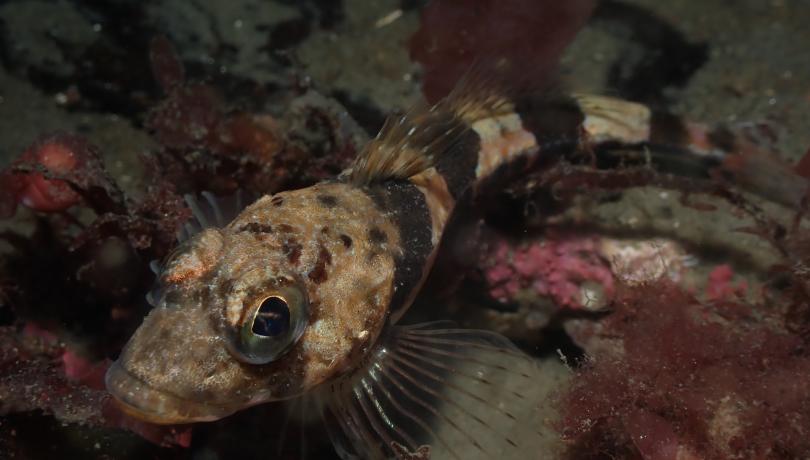The work, in which the ICM-CSIC has participated, warns that Arctic demersal fish face local extinction by the end of the century without climate refugia at eastern latitudes.

As the impacts of climate warming intensify, a landmark study led by the Nord University in collaboration with the Institut de Ciències del Mar (ICM-CSIC) has unveiled stark projections for marine ecosystems in the North Atlantic and Arctic Oceans under the relentless march of climate warming.
The research, published in Nature Communications, foresees significant alterations in marine fish communities, including a biodiversity boost juxtaposed with a decline in fish biomass, with warmer-water species migrating northwards and traditional Arctic species shrinking in range and numbers.
Also, the work highlights that if no climate refugia are established in eastern latitudes, Arctic demersal fish species could face local extinction by the end of the century. This includes iconic species like polar cod, the backbone of Arctic marine ecosystems because of their abundance. The study forecasts this and other species to drop considerably, potentially leading to an overall decrease in fish population despite an influx of new species.
To carry out the study, the international team of experts analysed data from 16,345 fishery-independent trawls conducted between 2004 and 2022, focusing on 107 marine fish species in the northeast Atlantic, including the Barents Sea. Usind cutting-edge modelling techniques, they projected species distribution and biomass changes for 2050 and 2100 under three future climate scenarios.
"This research highlights the rapid climate warming in the Arctic Barents Sea and its profound impact on fish communities, forecasting significant structural changes including drastic reductions in Arctic species", explains Cesc Gordó Vilaseca, whose PhD research, co-supervised by ICM-CSIC, culminates in this pivotal study.
Implications for fisheries
About fisheries implications, the study stresses that despite the anticipated lower biomass, it will predominantly consist of species valuable to fisheries, signaling a need for adaptive management strategies. "Future observations on these changes will be crucial for fisheries to adapt to the biodiversity shifts driven by climate warming," adds Gordó Vilaseca.
All in all, the findings underscore the urgent need for innovative conservation measures and proactive management to mitigate the impacts of climate change on marine biodiversity and resources.
"This study exemplifies how high-quality data and advanced modeling can jointly inform the future of marine biodiversity under climate change, providing clear guidance for resource management," concludes Marta Coll, from ICM-CSIC.